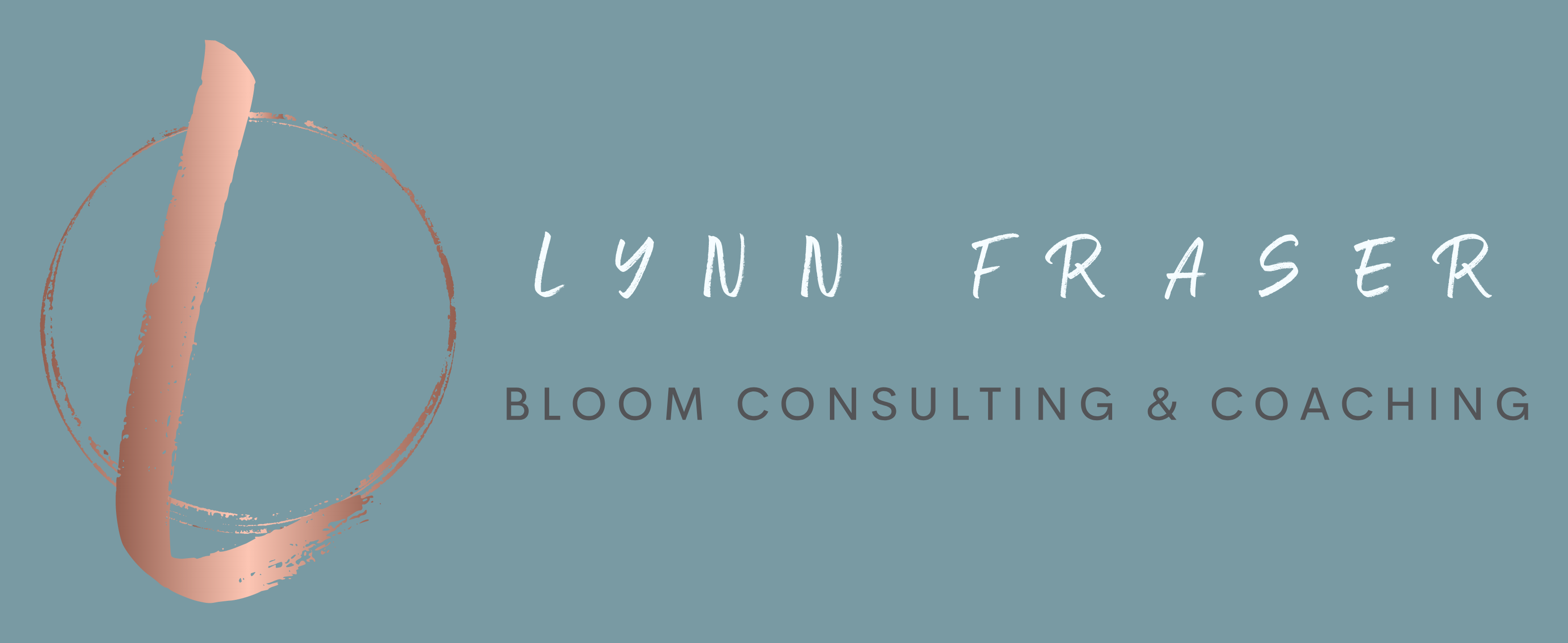At the beginning of this blog series, we discussed the ways that we can practice resilience. The last, but not least of these ways, is self-care.
How often have you intended to go to bed early, eat a salad instead of that big Mac and say no to that pesky old Aunt who insists that you take her shopping every Saturday, even though she has 3 perfectly good children of her own who could do it? Sound familiar? Learning to say no, ensuring that we get sufficient sleep, and nurturing ourselves through physical exercise and diet, are just some of the ways we can take better care of ourselves.
The Resilience and Wellbeing link
In order to avoid stress and eventual burn-out, we need to keep ourselves well. What is wellness? The Global Wellness Institute describes it as “the active pursuit of activities, choices, and lifestyles that lead to a state of holistic health.”
Though a relatively new buzz word in the West, self-care has a much older tradition in far Eastern cultures. Marked by a preventative rather than a reactive approach to health, many Asian cultures seek to manage energy and holistic wellness before stress sets in.
We know there are at least three different types of stress, all of which carry physical and mental health risks:
- Routine stress related to the pressures of change (work, family and other daily responsibilities).
- Stress brought about by a sudden ‘negatively-perceived’ change (losing a job, losing a major client, or illness).
- Traumatic stress (from events such as major accidents or natural disasters).
A good level of stress is healthy for continuous improvement, but left unaddressed, continued excessive strain on our bodies from routine stress can lead to serious health problems, such as heart disease, high blood pressure, diabetes, depression, anxiety disorders, and even burn-out.
These effects are well documented, and with mental health conditions on the rise, especially in the wake of the Pandemic, we would do well not to dismiss their impact. All this considered, taking care of ourselves and our teams if we are in a leadership position, is paramount to ensuring a healthy future.
Five Elements to Self-Care
The best self-care model that I have encountered is the Holistic Resilience Model which focuses on five areas of self-care to ensure a holistic approach which guarantees a resilience foundation:
In response to this model, we can see that in order to become resilient, we need to have a good foundation in the areas of:
- Our physical being
- Our mental state
- Our emotional state
- Our social connections
- Our spiritual being
Caring for ourselves is one of the most powerful forms of self-love. If we love ourselves enough, we take care of ourselves so that we can then in turn, take care of others.
Five quick ways to check that you are practicing self-care:
- Take care of your body: We only have one! Get at least 3 – 5 sessions of aerobic and/or weight bearing exercise a week, eat a healthy diet 90% of the time and ensure you get 7 – 8 hours of sleep a night. If we neglect either of these 3 things, we run the risk of being out of balance. Also, learn to relax and switch off by practicing a digital detox for a few hours every evening.
- Take care of your mind: Learn a new skill, remember to read regularly and maintain a growth mindset. Be curious, what is happening around you and what is new in your world? Keeping your mind active can ward off depression and mental illness.
- Take care of your emotions: None of us like to acknowledge that we are emotional beings and a lot of negative connotations are linked to feelings. However, much research into the impact of EQ (our level of emotional intelligence) has proved that the better we are at managing our emotions, the more successful we are likely to be.
- Take care of your spirit: We are as much spiritual beings as we are physical and emotional. People who practice religion experience less stress and live longer. Also, connect to your values. Find purpose by exploring your passions and living out the things that are important to you. If you have a chosen spiritual practice, find a way to use this as a foundation for your life. You will be stronger for it.
- Take care of your social network: Our social connections can be a great source of comfort during difficult times and we in turn can be a help to others when necessary. Family members, friends and loved ones all have an important role to play in living a fulfilling life. Nurture your relationships. They matter.
Being resilient is all about having a rock-solid foundation. That foundation is our overall wellness. We cannot be resilient if we are unwell or out of balance. I say this out of personal experience.
If Covd-19 has taught us nothing else, let us at least have this one take away: we can do nothing alone, we need each other. And we cannot be present for others unless we take good care of ourselves.
In the weeks to follow, I will explore the five areas of Holistic Resilience in more detail. Until then, take care of the most important person – you!


